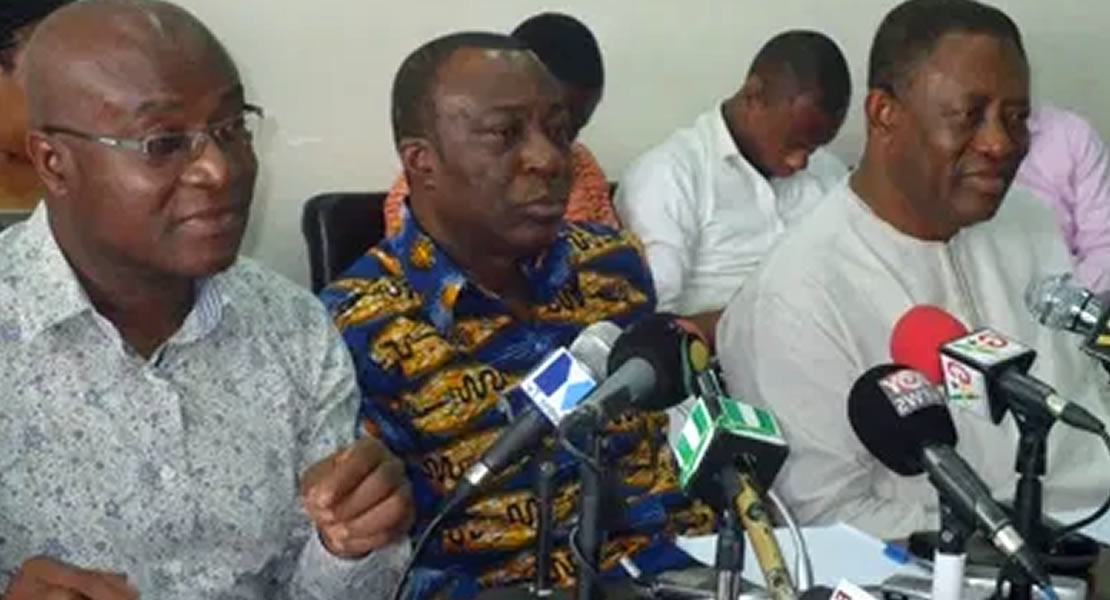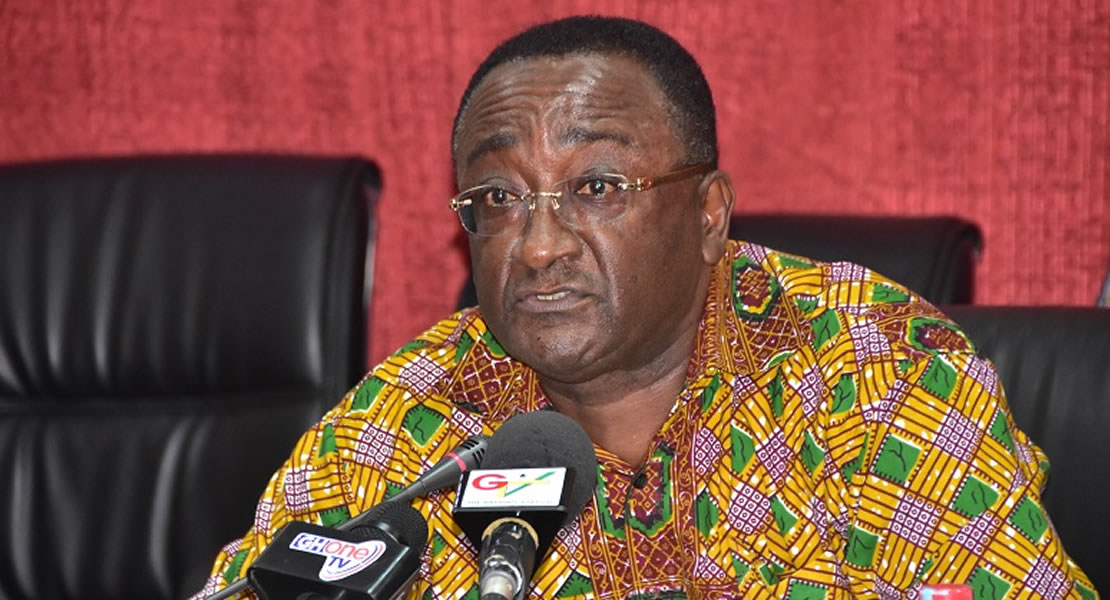
The Minority in Parliament has urged the government to make swift interventions in the country’s agriculture to help boost production levels which have for the past six years experience a dip.
They contend that the government’s overreliance on the emergence oil and gas industry is hurting other sectors of the economy, especially, the agricultural sector.
That aside, proceeds from the country’s oil industry meant to finance agriculture has not been forthcoming as expected.
“The Petroleum Management Act (ACT 815) requires the Minister of Finance to select four economic priority areas for allocation of the Annual Budget Funding Amount (ABFA). Since the allocation of the ABFA started in 2011, only 8.5% of the total has so far been allocated to Agriculture.”
“With the initial allocation of GH₵204million in 2015, only GH₵26.2million of the ABFA had been released to Agriculture at the end of June 2015. This was to settle the debt on the 2013 fertilizer subsidy program. This clearly indicates the level of priority government gives to the farmers and fisherfolks of this country,” they contended.
To them, growth in agriculture is stagnating, a case they noted, has resulted in the dwindling fortunes of the economy and left many households in abject poverty.
 Addressing a press conference in Goaso on Tuesday, the Minority Spokesman on Food and Agriculture, Dr Owusu-Afriyie Akoto, said government has over the years been implementing misguided policies and poor projects in the sector which employs about 60% of the Ghanaian population.
Addressing a press conference in Goaso on Tuesday, the Minority Spokesman on Food and Agriculture, Dr Owusu-Afriyie Akoto, said government has over the years been implementing misguided policies and poor projects in the sector which employs about 60% of the Ghanaian population.
“Ghana’s agriculture is not growing. If agricultural growth is stagnating then it means industry, especially the agro- industry cannot grow. The combined effect of this is that employment cannot be generated. Farmers make up about 60% of the country’s populace. If agriculture is not growing, then it means the poverty of the people will not be alleviated,” he said.
According to Dr. Akoto, growth in the sector declined from 7.4% in 2008 to 7.2% in 2009, and further experienced a dip to 5.2% in 2010.
Growth in 2011 was nothing to write home about as the sector recorded 0.8%.
In 2012, the sector recorded 2.3% growth and partially recovered in 2013 and 2014 by attaining 5.2% and 5.3% respectively.
“The growth experienced in 2012 and 2013 was in large part, on account of unprecedented growth in forestry and logging activities.”
“If logging activities are dramatically increasing without commensurate growth in reafforestation, the obvious implication is that we are further degrading our forest cover and opening the country up to the invasion of savanna and sahelian conditions.”
The crop sub-sector which engaged most of the 4.5 million farmers in the country, according to Dr. Akoto, recorded growth of only 3.6 per cent in 2014.
The 2015 Budget Statement expects a 5.8 per cent growth in agriculture; however, Dr Akoto said that target was overstated because there was a sharp decline in cocoa production to less than 700,000 metric tons in the 2014/2015 cocoa season coupled with the rising retail price of fertilizers and other farm inputs.
Kwadwo Anim/GhanaMPs.gov.gh